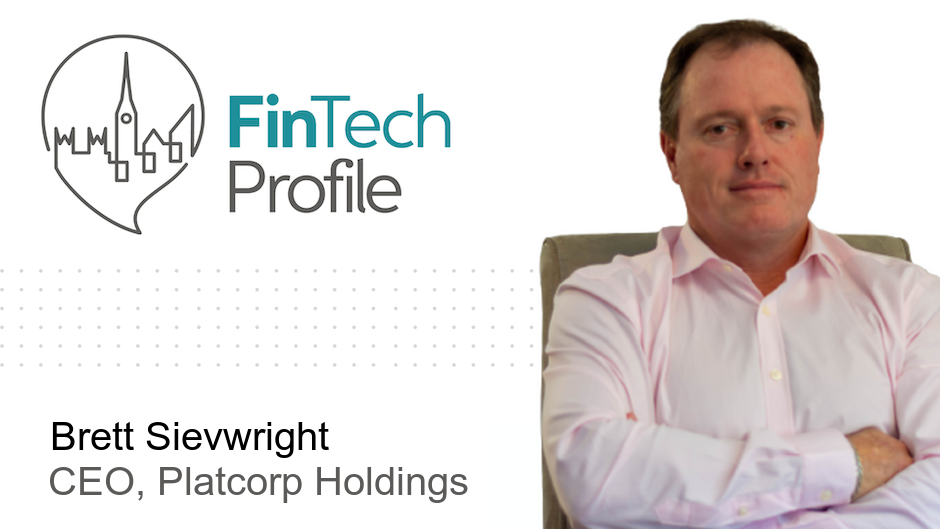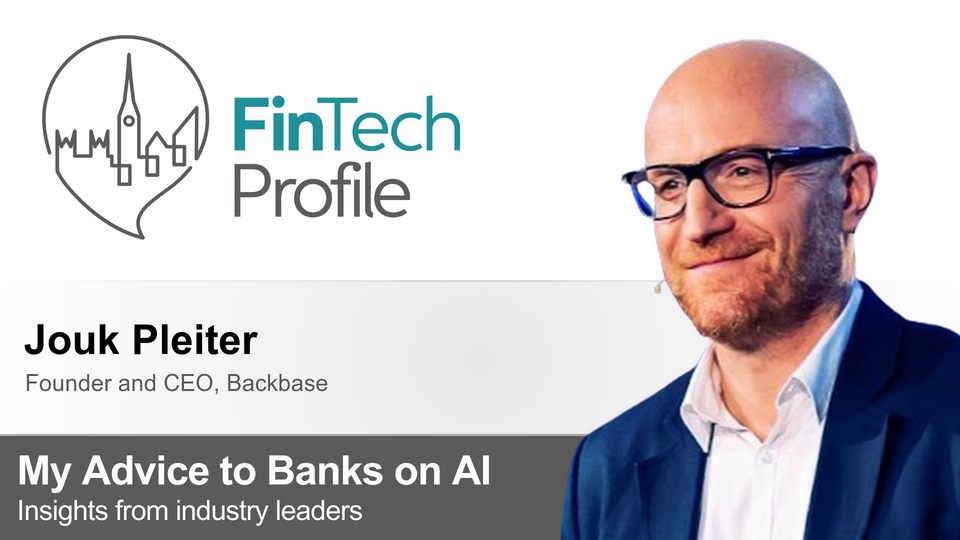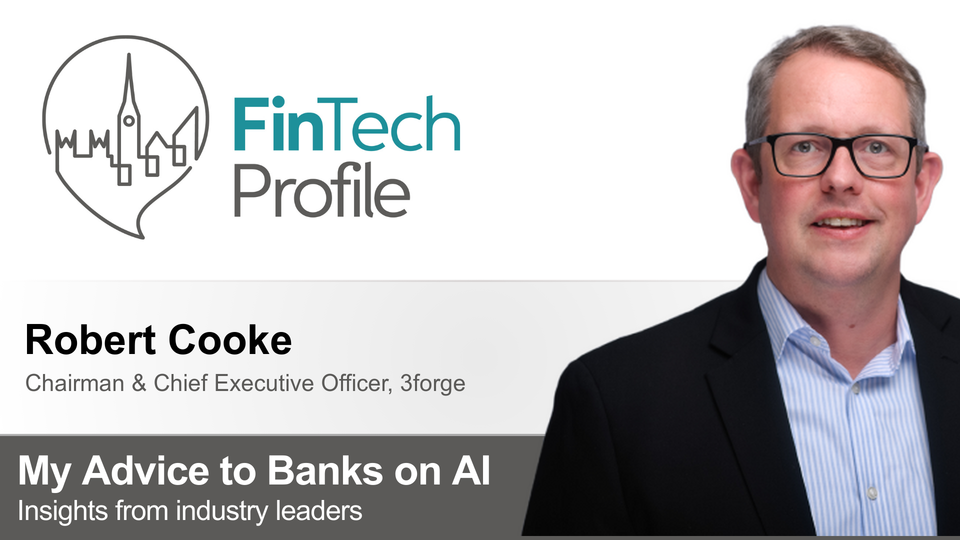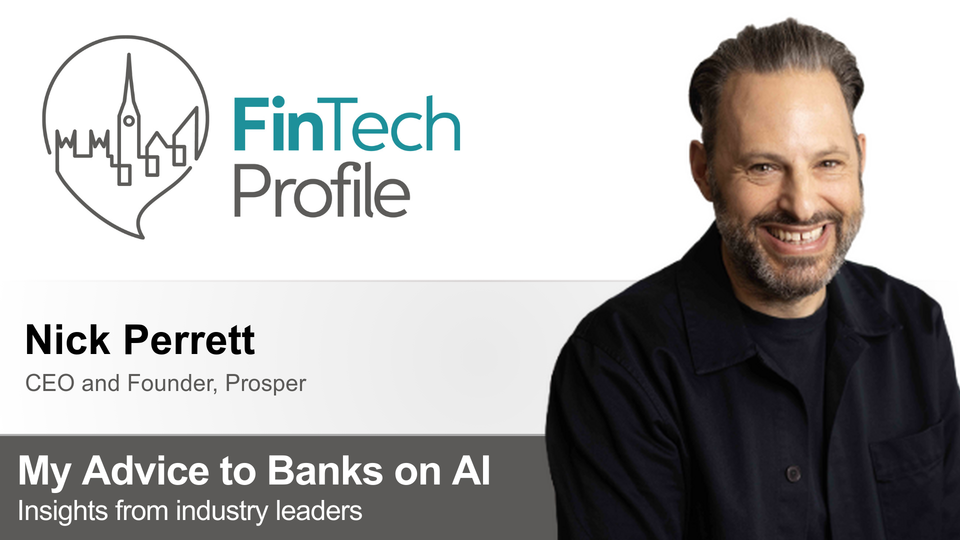Brett Sievwright, CEO at Platcorp Group of Platcorp Group

Today we're meeting Brett Sievwright, CEO at Platcorp Group at Platcorp Group. They specialise in providing innovative and sustainable financial solutions designed to create real impact in the communities they serve.
Over to you Brett - my questions are in bold:
Who are you and what's your background?
I was born and raised in South Africa, and studied Finance, Investment, and Law at the University of Witwatersrand. Not only did my degree give me a solid academic foundation in understanding how financial systems operate, but it fundamentally shaped how I think about risk, value creation, and the wider economic forces at play. These insights have been incredibly valuable as I've navigated a career at the intersection of entrepreneurship, microfinance, and FinTech.
While I was at university, I was also very involved in various clubs over the years, including the Rugby Club, Ski Club and Investment Club. Each of these clubs, whether through teamwork, resilience, or technical skills, has helped me on my entrepreneurial and professional journey.
I started my professional career as a stockbroker which was intense, yet taught me the value of discipline and clarity in high-pressure environments. More importantly, I learned that generating returns, while important, should not take priority over preserving value over time. That perspective helped me to develop a structured approach to managing risk and return, a mindset that has served me well in building financial institutions tailored for volatile and rapidly evolving markets, particularly in Africa.
What is your job title and what are your general responsibilities?
I'm the founder and CEO of Platcorp Group and I'm dedicated to driving sustainable and innovative financial solutions across Africa. As CEO, I'm responsible for ensuring that we stick to Platcorp's central mission of providing accessible and innovative financial solutions that empower people, businesses and communities.
A key part of my role is aligning our financial goals with our social impact objectives. ESG is at the core of our operations. I work closely with teams to ensure that we're growing ethically, empowering communities, supporting entrepreneurs, and giving back to the planet. I'm also deeply involved in championing innovation and building partnerships that help us scale our impact sustainably.
Can you give us an overview of your business?
Platcorp started over 20 years ago in Kenya. Today, we serve over one million clients and operate across Southern and East Africa. What started as a micro-lending business has developed into a comprehensive, sustainable impact investment platform, designed to provide capital and economic opportunities to our clients.
We specialise in lending to individuals, not corporations, who are often overlooked by traditional banks and our products are uniquely tailored to empower informal sector entrepreneurs. Our services span payroll-based loans to civil servants, asset-backed lending (for example using vehicles clients already own as collateral) and SME lending backed by cash flow verification through mobile and bank statements. We've been able to strengthen our services by using insurance and strong asset-tracking systems.
What sets Platcorp apart is our deep grassroots presence. We have 540 physical branches, a 12,000 strong team, and an empowered education platform that transforms small businesses into medium-sized enterprises. ESG is at the core of what we do, and we have attracted institutional support from organisations like the IFC and the World Bank. Our clients really value what we do, and we are proud that 60% of our business is from repeat customers.
Tell us how you are funded?
Our evolution into a sustainable-impact financier has attracted strong backing from a wide range of social impact and government organisations. Over the years, we've received funding from the IFC/World Bank, and capital from the Swedish, Dutch, Finnish, and Norwegian development funds.
What's the origin story? Why did you start the company? To solve what problems?
In 2000, I launched a microfinance company in Zambia. It was my first venture into a new market and a different segment of financial services. Building that business from the ground up meant navigating regulatory frameworks, investing in local partnerships, and staying close to the customer. That company was the foundation for what would eventually become Platcorp Group.
Ultimately, Platcorp was founded to tackle a persistent problem in Africa - the lack of accessible and supportive finance to those who need it the most. Over 350 million adults living in Africa are financially excluded and traditional banks view these individuals as too risky. Whilst we started as a micro-lending outfit, we realised that this wouldn't go far enough. That's why we shifted into microfinance, which has an emphasis on education, mentorship, and long-term business growth.
It's not enough to just hand out loans, and we realised that there's real potential to empower borrowers with financial knowledge, accountability tools, and support. We've helped parents keep their kids in school, enabled farmers to stabilise cash flows through unpredictable seasons, and provided the capital that informal businesses need to grow sustainably.
Over the years we've expanded into several different subsidiaries, with a strong presence in East and Southern Africa. We've served over one million customers, and founded our own Platcorp Foundation, with an emphasis on conservation, community development, and philanthropic investment.
Who are your target customers? What's your revenue model?
We primarily lend to individuals running small businesses, often in informal sectors. The primary sectors we target are healthcare, agriculture, and education. These aren't big businesses and nameless corporations, rather we're lending to individual farmers, women running their own businesses in markets, and parents borrowing to pay for their children's education.
Revenue comes from interest and fees on our loan products. With payroll-based loans, these are deducted from the salary. Asset-backed loans can be quite unique, one approach is to lend against vehicles that people already own. Finally, our SME loans are based on verified cash flow via mobile money and banking data.
If you had a magic wand, what one thing would you change in the banking and/or FinTech sector?
I would change the regulatory environments that still view non-traditional borrowers with suspicion or treat them as second-class economic citizens. Regulators are often too slow to adapt and adopt innovative models that best-suit undeserved populations. Regulations need to become better-aligned with ground-level realities like the dominance of mobile money, informal sector businesses, or the lack of formal identification in many African countries in order to scale faster and reduce costs for borrowers.
What is your message for the larger players in the Financial Services marketplace?
Don't overlook the informal sector. There's a huge untapped market of entrepreneurs who are full of brilliant ideas but they're viewed as uncreditworthy. These people need human engagement, flexible products, and long-term partners, and they have huge potential, they're just overlooked by traditional lenders.
Where do you get your Financial Services/FinTech industry news from?
Forbes, LinkedIn, Business Daily, X, and The Economist.
Can you list 3 people you rate from the FinTech and/or Financial Services sector that we should be following on LinkedIn, and why?
- Lavina Ramkissoon - Ambassador for Africa Union, she has good takes on AI, ethics, and making tech more human and inclusive, especially in Africa.
- Darren Franks - Has a big presence in the Africa FinTech scene and is great for staying in the loop on talent trends and the startup scene across Africa.
- Ali Hussein Kassim - Ali talks all things digital transformation, policy, and tech in Africa.
What's the best new FinTech product or service you've seen recently?
Roots of Impact, an impact finance advisory firm, created the Social Impact Incentives model (SIINC). It's a blended finance instrument that rewards social enterprises for achieving predefined social outcomes while attracting investment. It's a great initiative as it builds momentum behind impact-linked finance.
Finally, let's talk predictions. What trends do you think are going to define the next few years in the FinTech sector?
I hope that we will see more companies upholding and actually implementing ESG principles. At Platcorp, we are so passionate about driving responsible financial inclusion and sustainable development that ESG is at the forefront of everything we do.
One trend I anticipate is an expectation for FinTechs to not only provide access to financial services, but to do so in a way that is ethical, sustainable, and transparent. I think we've seen a growing trend of regulators, investors, and customers alike demanding and even expecting greater accountability. I believe that the FinTechs who will lead in the coming years will be those that integrate ESG into their DNA.
Thank you very much, Brett!
Read more about Brett Sievwright on LinkedIn and find out more about Platcorp Group at platcorpgroup.com.




